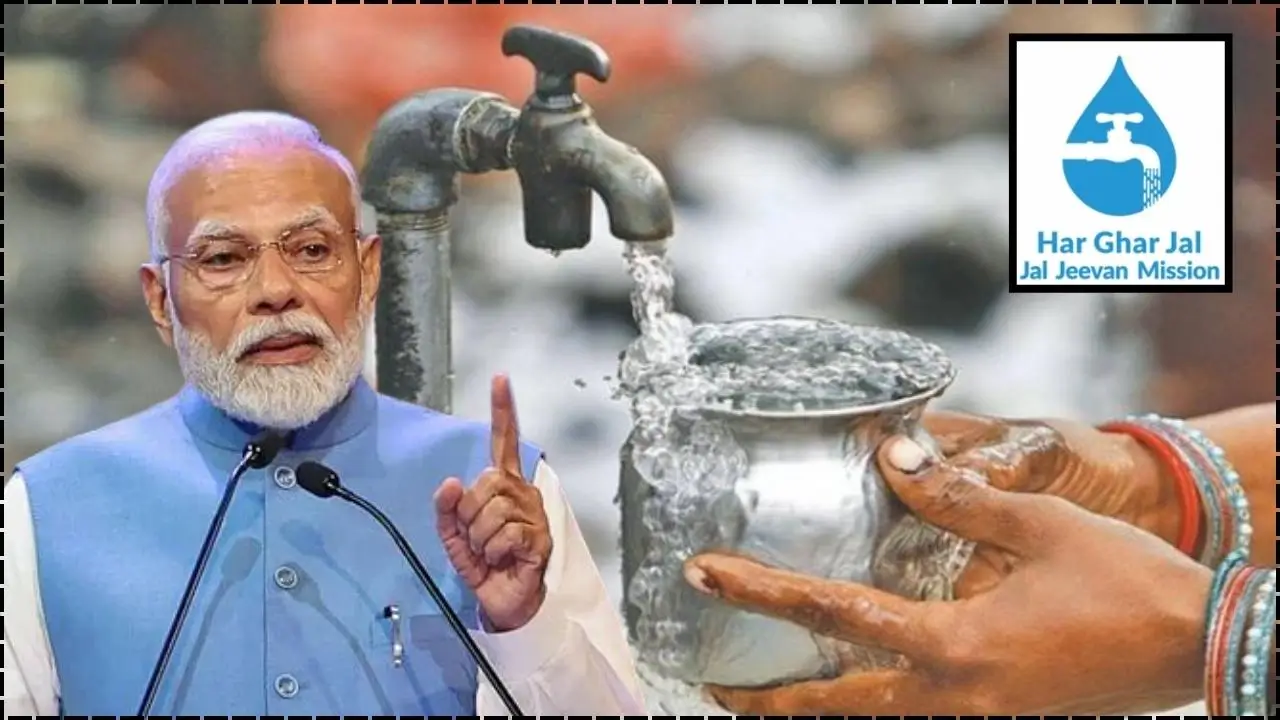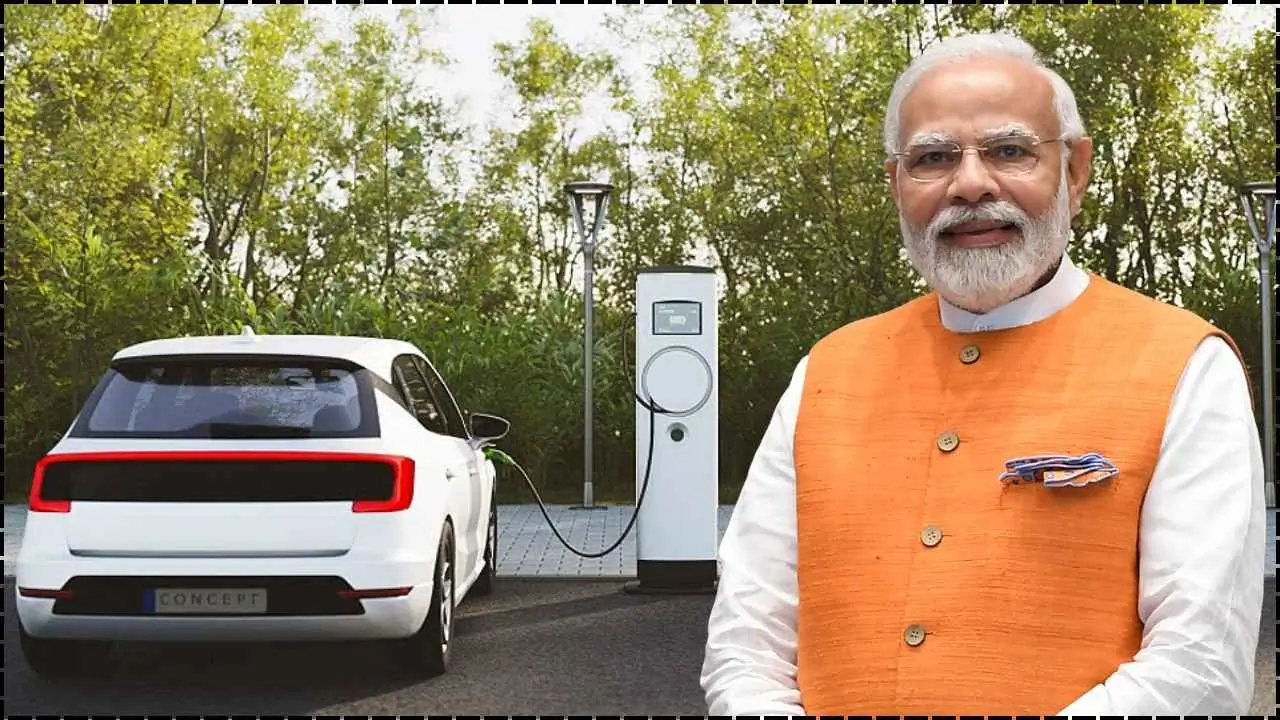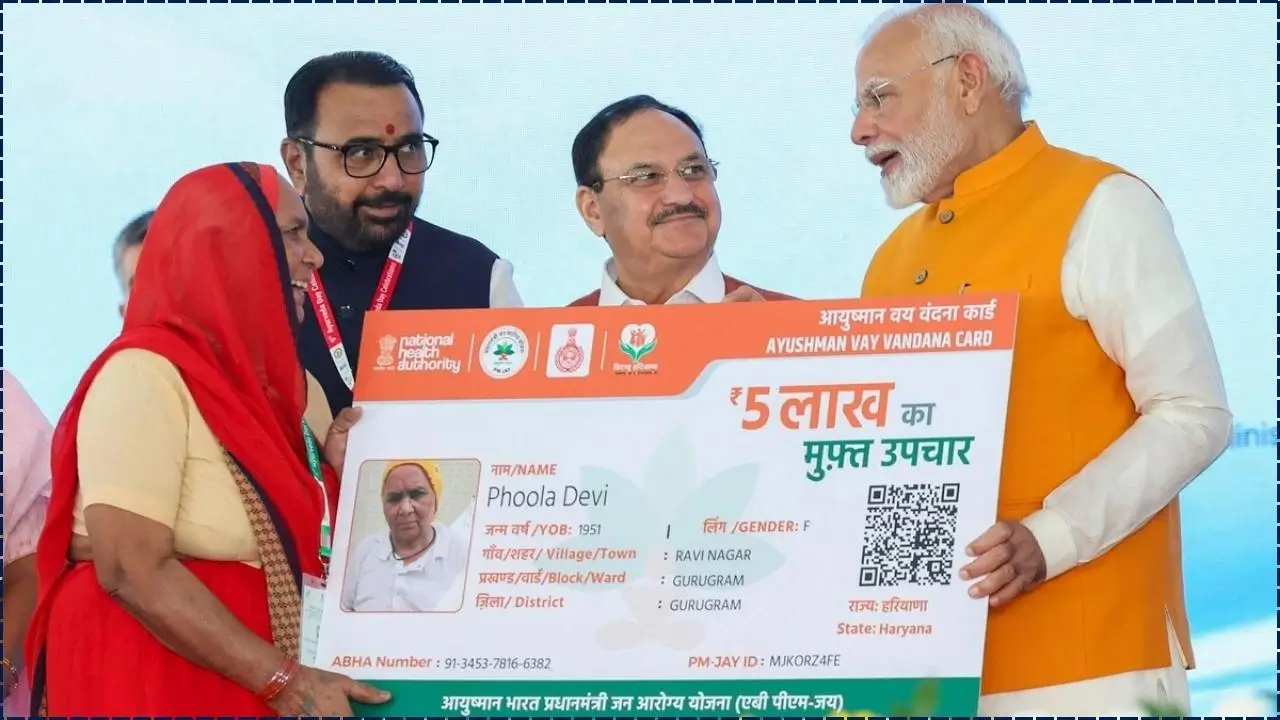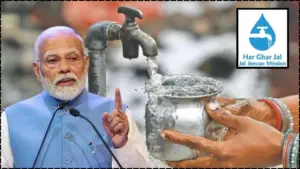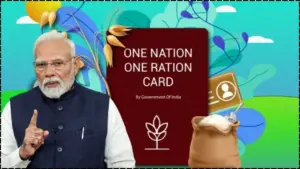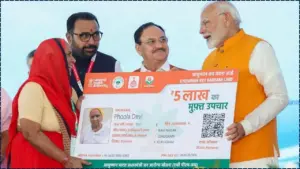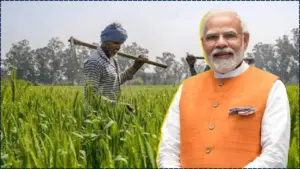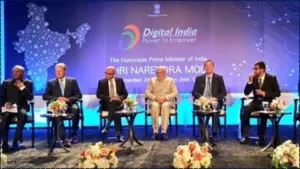The One Nation One Ration Card (ONORC) scheme, introduced by the Government of India, aims to streamline food distribution and improve food security for the nation’s most vulnerable populations. By providing nationwide portability for subsidized food grains, the scheme offers substantial savings for families, particularly migrant workers, who would otherwise face additional costs in accessing food assistance.
Launched under the National Food Security Act (NFSA), ONORC simplifies the Public Distribution System (PDS) and aims to ensure that beneficiaries receive their entitlements no matter where they live in the country.
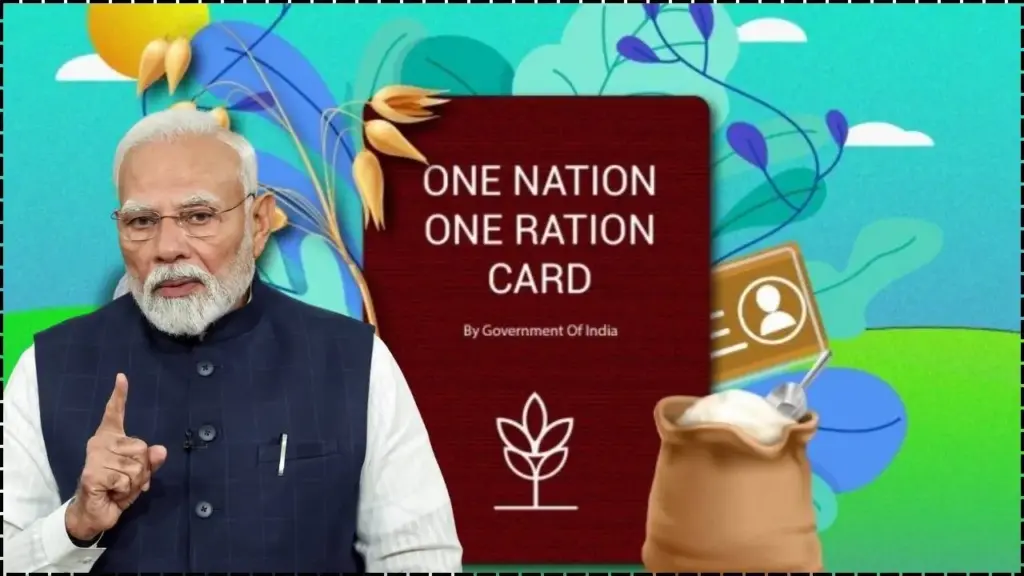
The One Nation One Ration Card scheme is a groundbreaking initiative that brings numerous financial benefits to Indian families, particularly those from economically disadvantaged backgrounds. By ensuring access to affordable food, reducing travel costs, and improving transparency in ration distribution, ONORC helps families save money and enhance their food security. While challenges remain in full implementation, the scheme’s potential to transform India’s food security landscape is undeniable.
Key Features of the One Nation One Ration Card Scheme
The ONORC scheme is a progressive step toward simplifying access to food security for millions of families. Key features include:
- Nationwide Portability: Beneficiaries can access subsidized food from any fair price shop (FPS) across India, removing the need to return to their home state to collect rations.
- Biometric Verification: The scheme utilizes Aadhaar-based biometric authentication to ensure that rations are distributed securely and to the rightful beneficiaries.
- Electronic Point of Sale (ePoS): The scheme is supported by ePoS devices, which track transactions and ensure transparency in the distribution process.
- Coverage Across India: ONORC covers approximately 80 crore beneficiaries across 36 states and Union Territories, significantly increasing the reach of food security benefits.
This nationwide initiative ensures that food security is not restricted by state borders and improves the efficiency of ration distribution.
Financial Benefits for Families Under ONORC
The One Nation One Ration Card scheme is designed to reduce costs for families and improve their access to essential food items. Here’s how ONORC can directly save money:
1. Subsidized Food Grains at Reduced Costs
One of the primary financial benefits of the ONORC scheme is the availability of subsidized food grains. Beneficiaries can access essential commodities such as rice, wheat, and coarse grains at highly subsidized rates:
- Rice: ₹3 per kg
- Wheat: ₹2 per kg
- Coarse grains: ₹1 per kg
These subsidized prices are considerably lower than market rates, allowing families to save a significant amount on essential food items. This is particularly crucial for low-income families, where food costs form a significant part of the monthly expenditure.
2. Eliminating Extra Travel Costs
For migrant workers and families who move for work, one of the key advantages of the ONORC scheme is the ability to access rations from any FPS, regardless of location. Previously, workers who moved to different states had to travel back to their home state to collect their rations, incurring substantial travel and accommodation costs. ONORC eliminates this barrier, allowing workers to obtain their rations locally, thus saving on travel expenses.
3. Reduced Risk of Diversion and Fraud
The introduction of Aadhaar-based biometric verification and electronic tracking via ePoS devices has significantly reduced the risk of ration diversion or fraud. This ensures that families receive their full entitlement without the possibility of misappropriation. By eliminating such inefficiencies, the scheme guarantees that the rations intended for the needy reach them directly, without being diverted elsewhere.
4. No Additional Costs for Beneficiaries
Unlike some other welfare schemes that may involve hidden fees or additional charges, ONORC ensures that beneficiaries receive their entitled rations at the specified subsidized rates. There are no additional costs for accessing or collecting food grains, making the scheme a cost-effective way to improve food security.
Broader Economic Impact of the ONORC Scheme
The One Nation One Ration Card scheme is not only beneficial for individual families but also plays a crucial role in strengthening the economy by:
1. Enhancing Worker Productivity
Migrant workers, who often face food insecurity, can now be assured of reliable access to affordable food. This improves their health, reduces stress, and increases productivity in the workplace. A well-fed workforce is a more efficient and effective workforce, benefitting industries and contributing to the nation’s economic growth.
2. Boosting Local Economies
With migrant workers now able to access subsidized food locally, the ONORC scheme is likely to stimulate demand in local markets. As workers have more disposable income to spend on other goods and services, local economies see a positive impact, particularly in areas that rely heavily on migrant labor.
3. Supporting Government Poverty Alleviation Goals
The ONORC scheme aligns with the Indian government’s broader poverty alleviation and economic development initiatives. By ensuring that all citizens, particularly vulnerable populations, have access to affordable food, the scheme helps reduce economic inequality and promotes social stability.
Related Links
Digital India Push: Govt’s Big Plan to Boost Rural Internet Access
New Education Policy 2025: What Changes for Students and Exams?
Check West Bengal Digital Land Records Status Online: Here’s How It Works
Challenges and Areas for Improvement
Despite its significant advantages, the ONORC scheme faces some challenges that need to be addressed to maximize its potential:
- Awareness and Accessibility: In rural areas, especially among marginalized communities, there is still a lack of awareness regarding the scheme’s benefits and how to access them. The government must ramp up awareness campaigns to ensure that all eligible families can benefit from ONORC.
- Infrastructure Gaps: While many FPSs have been equipped with ePoS devices, there are still challenges related to connectivity and infrastructure in some remote areas. Ensuring smooth functioning of the system in these areas remains a key challenge.
- Integration of Marginalized Communities: Ensuring that marginalized communities, such as tribal populations and those without Aadhaar cards, are included in the scheme is essential for its success.
FAQ About One Nation One Ration Card
Q: How can I apply for the One Nation One Ration Card?
A: Eligible families can apply through their respective State Public Distribution System (PDS) offices or online portals. The application requires linking your Aadhaar number to the ration card.
Q: Can I use my ration card in any state?
A: Yes, the ONORC allows beneficiaries to access their entitled rations from any FPS across the country, regardless of the state of residence.
Q: Are there any additional costs involved in using the ONORC?
A: No, the scheme provides food grains at highly subsidized rates, and there are no extra charges for accessing rations.




